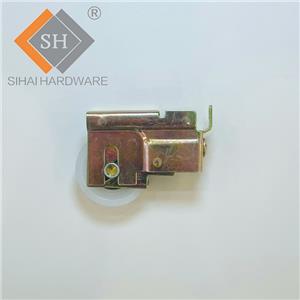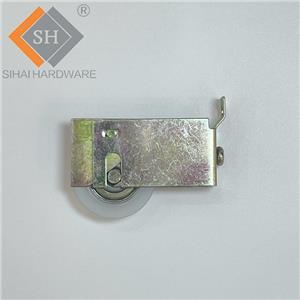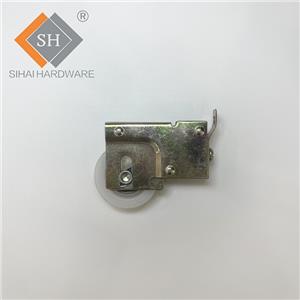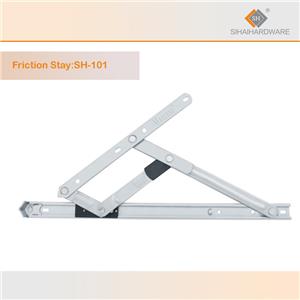TECH ARTICLE NO.35|Advantages and Disadvantages of Aluminum Casement Windows and uPVC Windows
TECH ARTICLE NO.35|Advantages and Disadvantages of Aluminum Casement Windows and uPVC Casement Windows
When it comes to choosing windows for your home or office, two popular options are aluminum casement windows and uPVC (unplasticized polyvinyl chloride) windows. Both materials offer unique advantages and disadvantages that should be considered before making a decision. In this article, we will explore the characteristics of aluminum casement windows and uPVC casement windows to help you make an informed choice.
Advantages of Aluminum Casement Windows:
1. Durability: Aluminum is a strong and long-lasting material, making it highly resistant to weather conditions such as rain, wind, and sunlight. It does not warp or rot, ensuring that your windows will maintain their structural integrity over time.
1. Slim Profile: Aluminum casement windows feature slim frames, allowing for larger glass areas and unobstructed views. This design maximizes natural light and provides an aesthetically pleasing appearance.
1. Low Maintenance: Aluminum casement windows are relatively low maintenance. They are resistant to rust, corrosion, and fading, requiring minimal upkeep. Regular cleaning and occasional lubrication of hinges are typically sufficient to keep them in good condition.
1. Design Flexibility: Aluminum is a highly malleable material, allowing for a wide range of design options. It can be easily customized to fit different architectural styles, and it offers a variety of finishes and colors to match your preferences.
Disadvantages of Aluminum Casement Windows:
1. Thermal Conductivity: Aluminum is a good conductor of heat and cold, which means that it can transfer heat from the outside to the inside of your home. This can result in less energy efficiency compared to other materials, leading to potential higher heating and cooling costs.
1. Cost: Aluminum casement windows are often more expensive than uPVC windows. The higher cost is due to the manufacturing process and the material itself.
1. Condensation: Aluminum windows have a higher likelihood of condensation forming on the frame, especially in areas with high humidity or temperature fluctuations. Proper ventilation and insulation can help mitigate this issue.
Advantages of uPVC casement Windows:
1. Energy Efficiency: uPVC casement windows offer excellent thermal insulation properties. They have a low conductivity, helping to keep your home warmer in winter and cooler in summer. This energy efficiency can lead to reduced heating and cooling costs.
1. Low Maintenance: uPVC casement windows are virtually maintenance-free. They do not require painting, sealing, or frequent cleaning. Occasional wiping with a damp cloth is usually sufficient to keep them clean.
1. Sound Insulation: uPVC casement windows have good soundproofing capabilities, reducing noise transmission from the outside. This can be particularly beneficial if you live in a noisy area or near a busy road.
1. Affordability: uPVC casement windows are generally more affordable than aluminum windows, making them a cost-effective choice for many homeowners.
Disadvantages of uPVC casement Windows:
1. Limited Color Options: uPVC casement windows offer fewer color choices compared to aluminum windows. While they can be painted, the process is more complex and may affect the warranty.
1. Bulkier Frames: uPVC casement windows typically have thicker frames due to the material's properties. This may reduce the glass area and obstruct the view compared to slimmer aluminum frames.
1. Less Design Flexibility: uPVC casement windows are less malleable than aluminum, limiting the design possibilities. However, advancements in technology have allowed for some variation in style and customization.
Conclusion:
Choosing between aluminum casement windows and uPVC casement windows depends on your specific requirements, budget, and aesthetic preferences. Aluminum casement windows offer durability and design flexibility but can be less energy-efficient and more expensive. On the other hand, uPVC casement windows provide energy efficiency, low maintenance, and affordability, but may have limited design options and bulkier frames. Assessing these advantages and disadvantages will help you make an informed decision that suits your needs and priorities.




